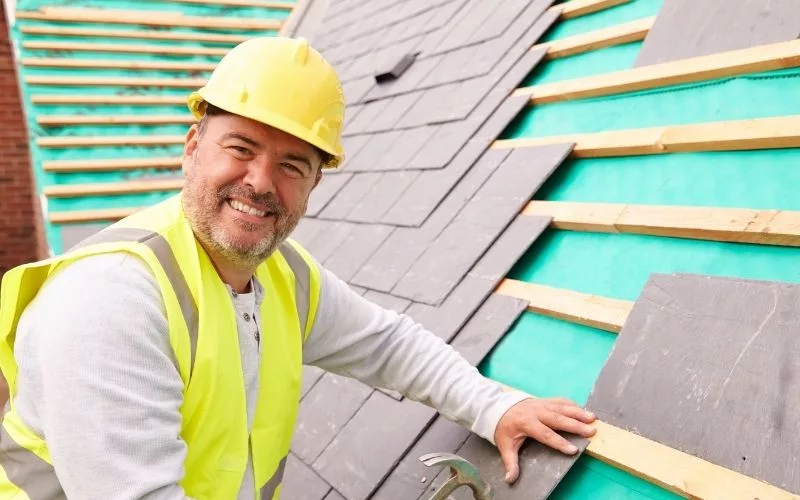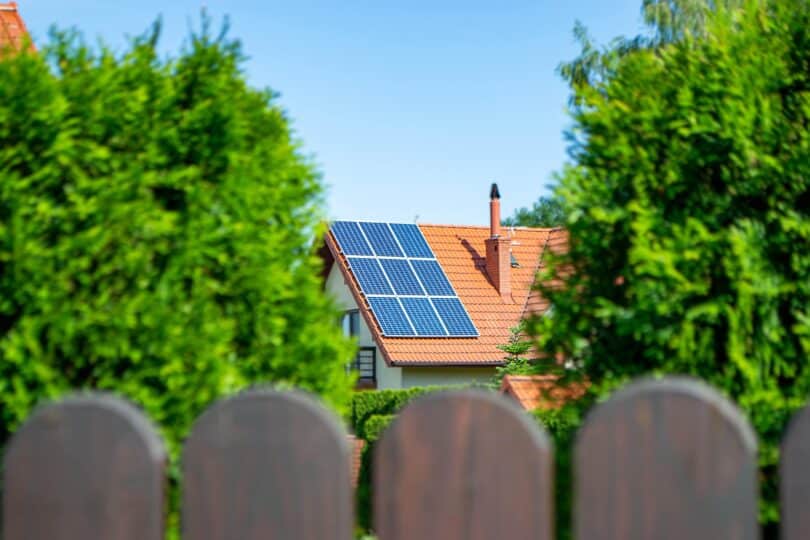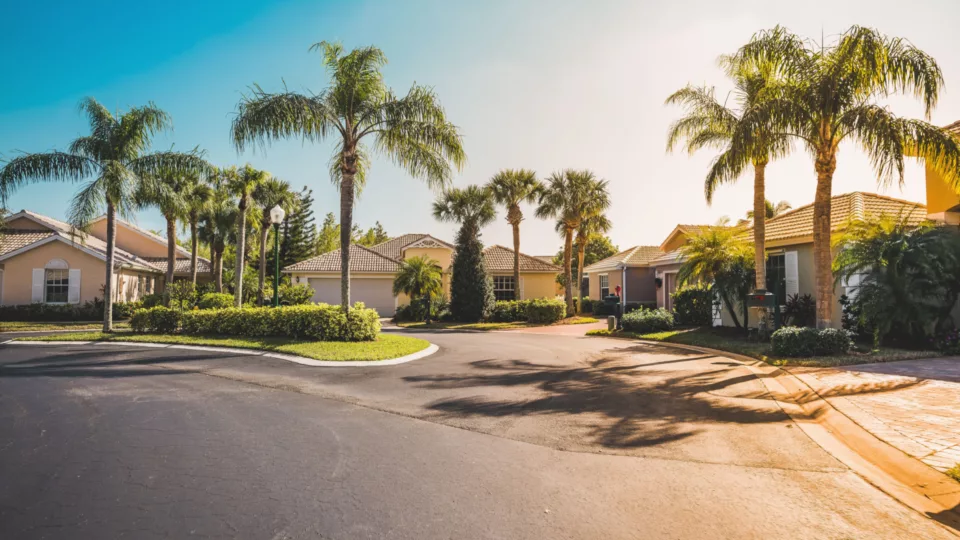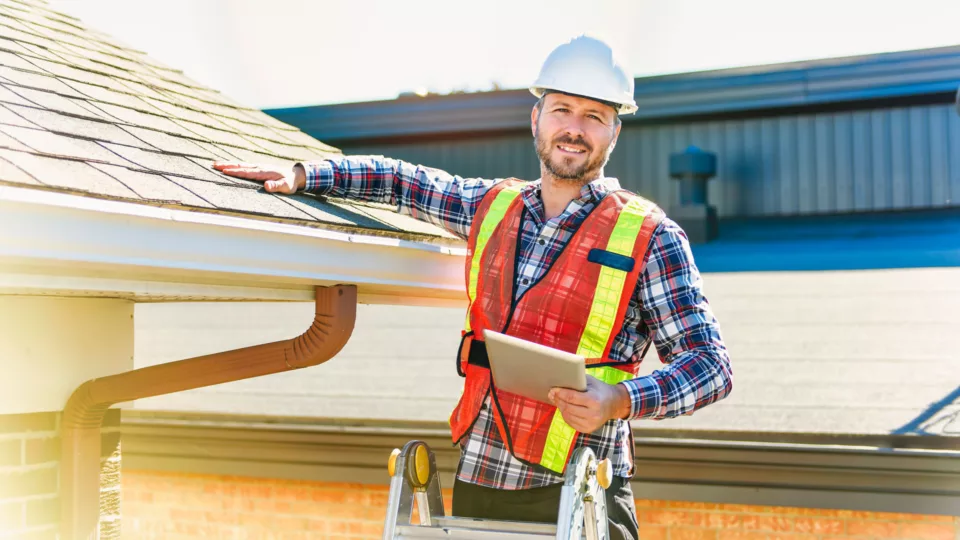In This Article
The roof on your home has a lot to do with its overall property value. Installing a new roof can raise your property value more than a bathroom renovation. The other upsides to replacing your roof means that you get to choose a color and the material profile that you like. Before you Google “recommended roofers,” it is helpful to understand how roofing contractors are always competing for your business, and sadly not all of them place a high value on trust and integrity.
Since many homeowners will go with whoever has the lowest price, some roofing contractors will give you a cheaper price by cutting corners. They will specify less expensive building materials or employ laborers or subcontractors who are not trained well, or at all.
Fortunately, you don’t need to be an expert to spot a questionable roofing job.
- Missing or mismatched shingles are a common sign of a contractor cutting corners.
- Another sign of a contractor cutting corners is a roof missing its drip edge. The drip edge is metal or aluminum sheeting that protects your roof or fascia from water damage. It is located between the underlayment and shingles, and extends over the gutter, to enable rainwater to drain into the gutters.
- Missing underlayment. Underlayment provides a waterproof barrier. Without that waterproofing layer, your roof longevity will be severely compromised, lasting just years instead of decades.
Contractor Red Flags
- If a contractor asks the homeowner to obtain the building permit, it likely means the contractor is not licensed or insured. If you as the homeowner obtain the building permit, you become liable for all costs and injuries that may occur, including property damage, worker injuries or medical or court costs.
- A contractor who can’t provide license or insurance certifications is a red flag. Highly recommended roofers carry these with them all the time.
- Another red flag is a roofing contractor who doesn’t show you, the homeowner, the building permit before starting work.
Questions to Ask Recommended Roofers
Here are an additional 11 questions homeowners should ask before signing a contract for roofing services:
- Do you carry insurance?
Ask to see a copy of their current insurance policies. They should have two kinds—worker’s compensation and general liability. Worker’s comp is in case a worker gets injured at your home. General liability is for any damage done to your home during the roofing project. - Will you be removing the old roof completely and inspecting for any damages?
Some contractors try to save time and labor by not removing the old roof completely. But this is never wise, it just adds more weight to your current roof while making it difficult to inspect the roof decking for structural damages or rot. - Where will you be disposing of the materials from my old roof?
Check with your local building authorities to see if contractors need to provide disposal permits or other documentation before starting the project. - What kind of material and labor warranties do you offer?
Some contractors only offer 15- to 25-year material warranties. Others promise a “lifetime warranty.” But this is intentionally vague. Whose lifetime? Yours? Theirs? The home’s? Classic Roofing & Construction offers a 50-year warranty on materials and 25-year workmanship warranty. - Who will be performing this work?
Some contractors use subcontractors to perform the labor for removing the old roof and installing a new one. Classic Roofing & Construction only uses full-time craftsmen that are highly trained and certified through the GAF Roofing Academy. Most join the roofing industry for a great paying job where workers are in high demand. They stay for a rewarding career in a growing industry that helps protect their neighbors where they live and work. - Will you take the time to thoroughly examine my home before providing an estimate?
Be wary of any contractors who don’t thoroughly inspect your home before providing an estimate. This includes the attic and the underside of your roof. Highly recommended roofers will thoroughly inspect your home, answer any questions you may have and explain what needs to be done and why. - How will you protect my gutters during construction?
Gutters usually remain installed on the home during a roof replacement or repair. Ladders leaning on the gutter system will wreak havoc. Classic Roofing & Construction employs standoffs and ladder stabilizers to avoid any damage to gutter systems. - What kind of licensing do you have?
The roofing contractor should have appropriate licensing with their city and the state of Florida. Make sure the license is valid, up to date, with no penalties or violations on it. You can verify Florida licenses online. - Who will be my point of contact during the project?
Ask for the name and phone number of the site manager, in case you have questions or concerns during the demolition of the old roof and the installation of the new roof. - If it is a multiple-day project, will tarping and covering be performed at the end of each day?
This is important to protect your roof when it is exposed to the elements. If inclement weather rolls in, you want your home to be protected. Classic Roofing & Construction typically has crew sizes that can complete a residential roof replacement in a single day. However, if a project takes more than that, we will protect every square inch of your home with weatherproof materials. - How long have you been in business and are you trained and certified?
Since 2003, all Classic Roofing & Construction employees have been trained and certified as GAF Master Elite residential roofing contractors, a designation that has to be renewed each year.
As locally recommended roofers, Classic Roofing & Construction is ready to repair or replace your home’s roof and increase its value in Pinellas County, including Tampa, St. Petersburg, Clearwater, and Fort Myers communities. Contact us today for a free quote on your roofing project. We can also answer any questions you may have about our service or materials and the entire line of GAF shingles, including the new Timberline Solar shingles.





